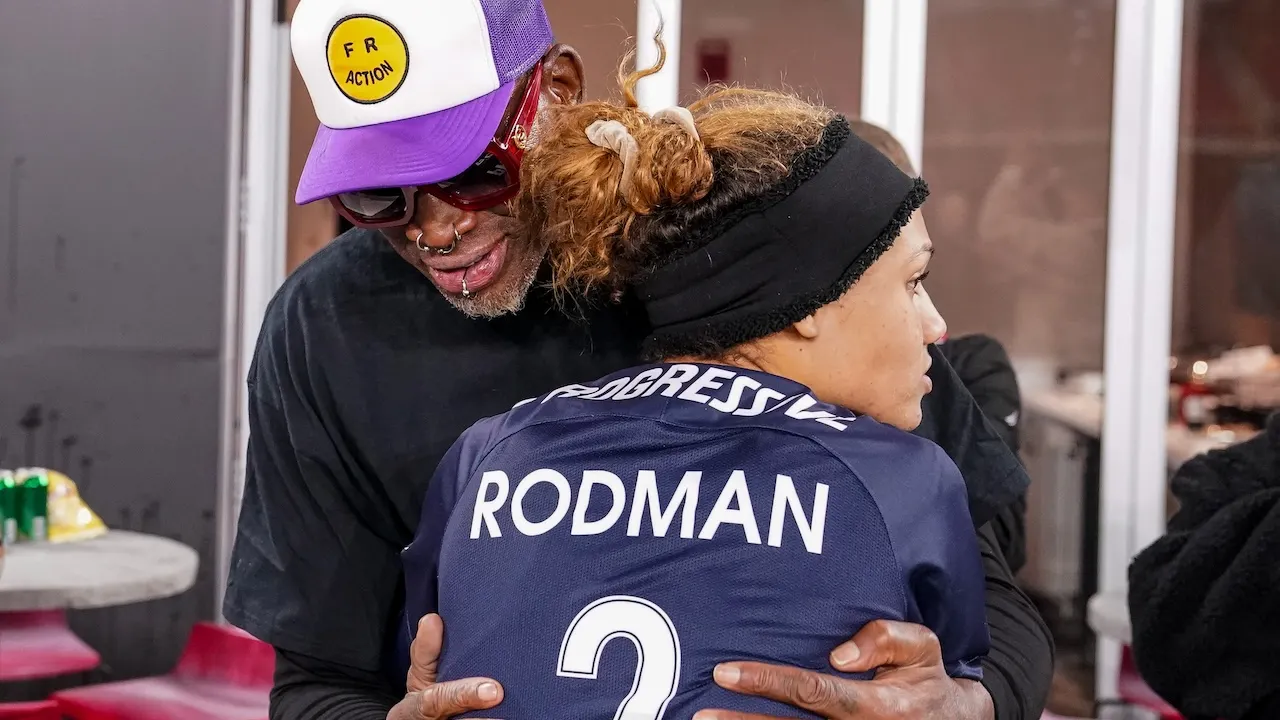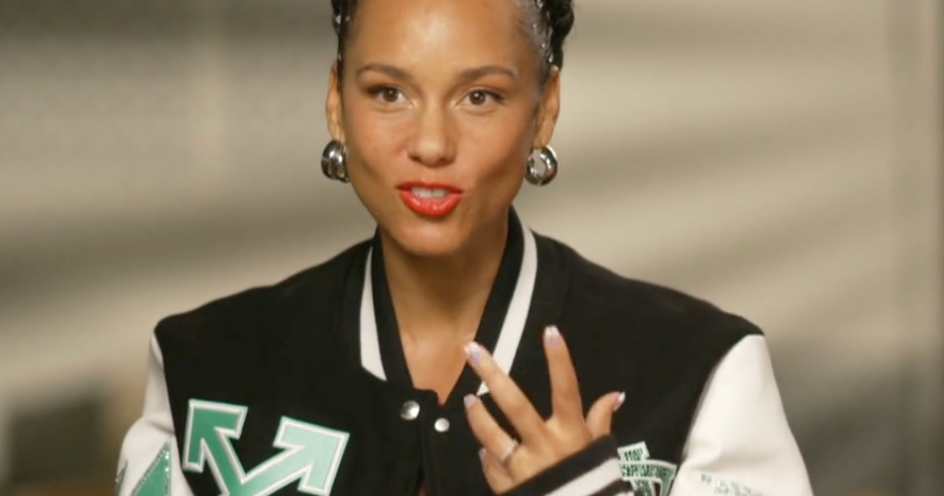Aretha, a reluctantly ambitious lawyer and the protagonist of Kashana Cauley’s inventive but uneven debut novel, “The Survivalists,” is a member of this generation. She spends her free time gossiping over brunch and bearing lackluster dates with milquetoast men. When not shelling out $15 for yesterday’s special served alongside eggs or drowning in limeades (her signature cocktail of lime, vodka and sugar), she’s scrutinizing old case laws to help the government deny Hurricane Sandy victims their insurance payouts. Aretha avoids thinking too hard about the ethical implications of her work. An upwardly mobile Black transplant to New York, she’s chasing a vision of security: a promotion to partner, a corner office, a house, a spouse, kids and, if she’s lucky, maybe even a dog.
Aretha is one of several recent literary avatars negotiating the anxieties of late millennial and Generation Z strivers. Like Candace in Ling Ma’s “Severance,” Edie in Raven Leilani’s “Luster,” Nella of Zakiya Dalila Harris’s “The Other Black Girl” and the unnamed narrator of Natasha Brown’s “Assembly,” Aretha knows, deep down, that there’s ultimately no point to climbing the corporate ladder. In following her erratic journey from compliance to disaffection, “The Survivalists” pokes and prods at this generational malaise: How do you cope in a failing society? What do you grasp in the wake of shattered dreams?
Cauley, a former staff writer for Trevor Noah’s “The Daily Show” and columnist for the New York Times, has shown herself to be a master of diagnosing our nation’s troubles through acerbic humor. She flashes this power early in “The Survivalists” with efficient sketches of Aretha’s life, from disappointing dates to ritual meals and nights out with her best friend, Nia. In the opening pages, Aretha rattles off the flaws of previous suitors while halfheartedly preparing to meet another: The first guy “filled conversational holes by obsessing over taxes” while she “wondered if she was already dead.” The second “called himself a ‘visual storyteller’ instead of admitting he was a guy who made abstract, plotless movies.” Cauley’s quick wit flickers across these pages as her comedy carries us from scene to scene.
Unenthused and short on hope, Aretha decides not to dress up or travel far for her third first date of the week. But Aaron, the charmer she meets at her local bar, immediately strikes her as different. He’s an orphan, like Aretha (her parents died in a tragic car accident), and he possesses an infectious optimism, the kind Aretha swears will change her life. So what if the coffee company he runs out of a Brooklyn brownstone vaguely refers to an apocalyptic future in its name? Does it really matter that the employees (also his roommates) call themselves survivalists on their incorporation papers? And maybe the bunker in their backyard is strange, but, as a lawyer, Aretha knows being prepared never hurts.
Against her better judgment and Nia’s stern warnings, Aretha falls in love and promptly moves in with Aaron. The soft glow of their romance dims before she can fully unpack. The roommates — James, a disgraced journalist and alcoholic, and Brittany, the frosty leader of the pack — hate her. Aaron’s frequent international trips to source beans inhibit their budding relationship. And a new hire at work blocks Aretha’s path to partner, widening the distance between her turbulent present and her imagined future.
To cope with these destabilizing events, Aretha embraces the house’s peculiar routines. She starts selling spare guns with James and training in an ineffective mix of martial arts with Brittany. The novel takes a sinister turn, but Cauley maintains a steady hand, approaching her portrait of doomsday preppers with more curiosity than suspicion. With the world around them collapsing, preparing for the worst is an understandable exercise in control. There’s a nail-biting urgency to the juxtaposition of Aretha’s fledgling survivalism and her increasingly clumsy performance at work, contributing to the sense that “The Survivalists” would make for a thrilling screen adaptation.
Its success on the page is shakier. Cauley can be coy, even withholding, when it comes to fleshing out people in Aretha’s orbit. As the action sequences move to the front, character development collapses. Repetitive observations coupled with a baggier style loosen the novel’s hold on our attention. The longer we trail the young lawyer, the more circuitous her path seems. What could read as evidence of Aretha’s indecision begins to feel like an endurance test for the reader.
“The Survivalists” circles compelling questions — about the history of gun use in America, the relationship between work and identity, what capitalism encourages us to value — as Aretha juggles the ethical implications of the house with her crumbling legal career. But these stretches are too often interrupted by dutiful exposition. The effect is a jagged, tempered narrative that flaunts Cauley’s sharp humor but only partially commits to finishing what it started.
Lovia Gyarkye is the arts and culture critic at the Hollywood Reporter. Her essays and reviews have been published in the New York Times, the Atlantic, Vogue and the Nation.
A note to our readers
We are a participant in the Amazon Services LLC Associates Program,
an affiliate advertising program designed to provide a means for us to earn fees by linking
to Amazon.com and affiliated sites.















































